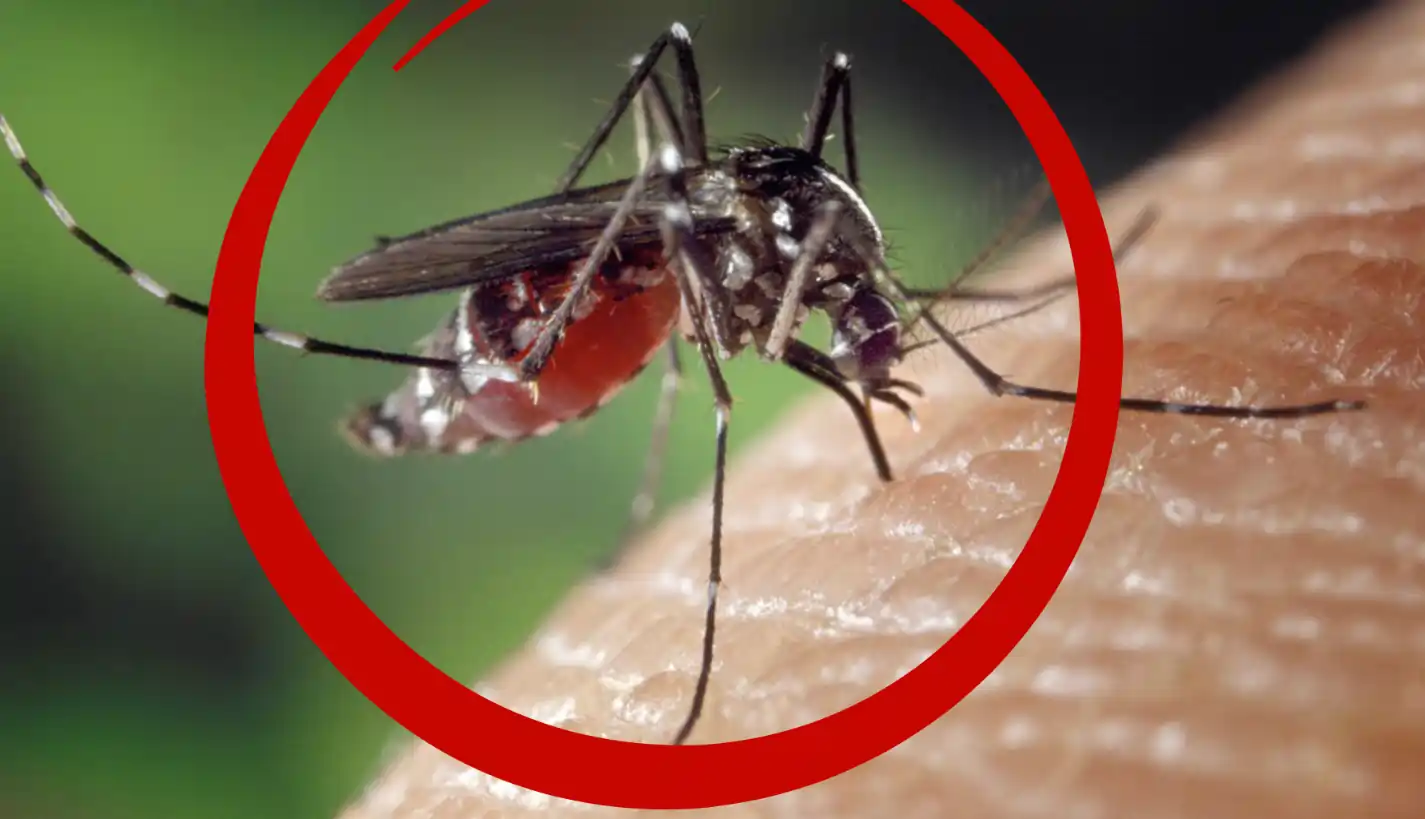There are many options: sprays and lotions, candles, coils and vaporizers, to name a few, but what is the most effective in preventing mosquito bites? So say the tests and trials.
Now that summer is in full swing, mosquitoes are popping up all over the country and using repellents can help protect both your health and sanity this season.
In addition to annoying bites, mosquitoes can also pose a serious, sometimes deadly, health risk by transmitting harmful pathogens that cause dangerous diseases such as malaria, dengue fever, Zika and West Nile virus.
Avoid bites
Female mosquitoes bite to obtain vital nutrients from our blood, which they then use to make their eggs. A single meal can result in about 100 eggs, which then hatch into larvae.
There are several ways to avoid mosquito bites, from wearing long, loose-fitting clothing and limiting time outdoors, to putting screens on windows and eliminating standing water that mosquitoes use to breed.
But one of the best ways to protect yourself when you go to a place where hungry mosquitoes will be buzzing is to use repellents.
Our team at New Mexico State University’s Vector Molecular Physiology Laboratory has been studying different types and their effectiveness for more than a decade. Here’s what you need to know to protect yourself this summer:
All about repellents
The use of mosquito repellents is very old, even predating written historical accounts. Some older records of their use date back to early Egyptian and Roman history. At that time, smoke from bonfires was used to ward off mosquitoes.
Today we have more options than our ancestors: sprays and lotions, candles, coils and vaporizers, to name a few.
These repellents interfere with a mosquito’s sense of smell, taste or both senses by blocking or over-stimulating them. Scientists understand how some repellents such as DEET work at the molecular level, but why others work is still unknown.
The tests
To find out which products work, we turned to a variety of scientific laboratory experiments and field tests. For some, the tests were as simple as putting a volunteer’s treated arm in a cage with 25 mosquitoes and waiting for the first bite.
For others, such as citronella candles, we used a low-speed wind tunnel and placed a candle or device between a person and a mosquito cage. Depending on the repellent efficacy of the device, the mosquitoes either flew toward the person or away.
Another experiment we conducted was the Y-tube choice trial, in which mosquitoes chose to fly toward someone’s hand or, if repelled, fly toward the blank or empty option.
Repellents that don’t work
Wristbands are not effective. Businesses and drugstore chains sell hundreds of different types and market them as “mosquito repellent” bracelets, wristbands and watches, and their materials can range from plastic to leather. Although they are loaded with repellents, they do not protect the entire body.
Ultrasonic repellents are also useless. They are sold to be plugged in as electrical plugs, stand-alone devices or watch-like attachments that promise to emit a high-frequency sound that scares mosquitoes away by mimicking bats. However, in scientific studies, these devices fail to repel mosquitoes, and we even found a slight increase in attraction to the person when we tested one in the lab.
Dietary supplements, such as vitamin B, garlic, among others, do not work either and there is no scientific evidence that they protect against mosquito bites.
Light-based repellents are not effective. They come in the form of colored light bulbs and do not attract insects that fly into the white light. This method works on moths, beetles and stink bugs, but not mosquitoes.
Which ones do work?
Here’s our ranking of what works, starting with the best repellent-active ingredient:
- DEET is effective. DEET, whose chemical name is N,N-diethyl-meta-toluamide, was developed in the 1950s by the U.S. Army and is a recognized mosquito repellent with a long history of use. The higher the percentage, the longer the protection time: up to six hours.
- Picaridin works. This synthetic repellent can protect for up to six hours at a 20% concentration. It is a promising alternative to DEET.
Oil of lemon eucalyptus, or OLE, also protects. OLE, with the active ingredient PMD, is a plant-based alternative to DEET and picaridin. Its repellent properties can last up to six hours. - Some essential oils work, others not so much. We applied 20 different ones in a lotion with a 10% blend of essential oils to volunteers’ skin. Here’s what we found:
Clove oil works. This oil, with the active ingredient eugenol, can protect from mosquito bites for more than 90 minutes at a 10% concentration in lotion. Cinnamon oil is also effective. Cinnamon oil, with the active ingredients cinnamaldehyde and eugenol, can protect for more than 60 minutes at a 10% concentration in lotion. Geraniol and 2-PEP, or 2-phenylethyl propionate, work for about 60 minutes at a 10% concentration in lotion. Citronella oil works, but not as well; at 10% concentration it only protects for about 30 minutes.
If you plan to make your own plant-based repellent this summer, remember that essential oils are complex mixtures of plant-based chemicals that, in high concentrations, can cause skin irritation.
Based on our research, we recommend using repellents with the active ingredient DEET if you live in or travel to regions with a high risk of vector-borne disease transmission. However, plant-based repellents will work to prevent annoying mosquito bites in low-risk areas, provided they are reapplied as needed.

